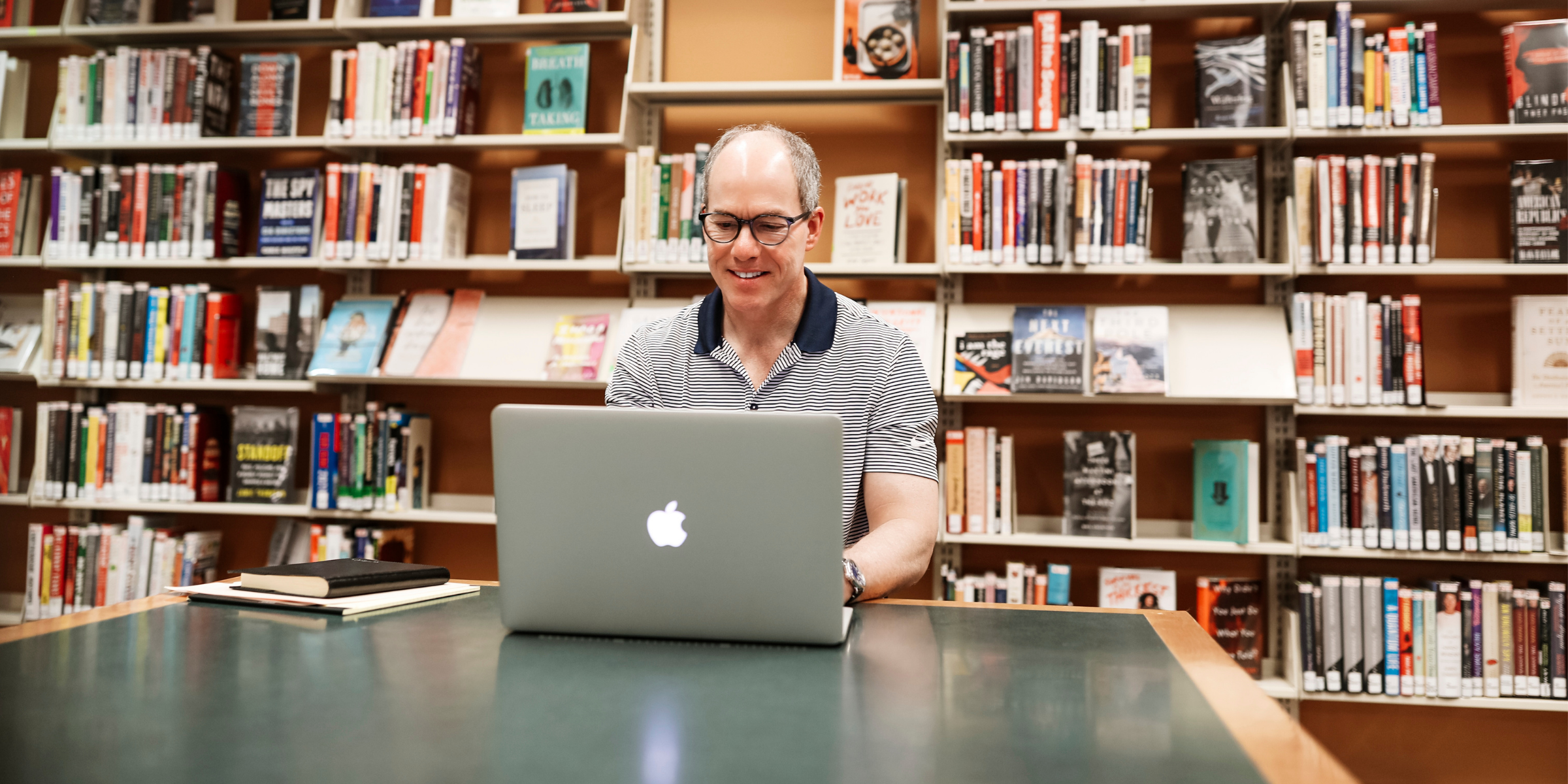The Right To Be Happy
Several years ago, I attended the most memorable conference I’ve ever been a part of. It took place in Calgary, and what made the experience unusual was that it was actually two conferences taking place simultaneously. The small group I was a part of had the privilege of participating in both of them.
Collectively, the speakers included Richard Branson, Stephen Covey (author of the book, “The 7 Habits of Highly Effective People”), F. W. de Klerk (the former President of South Africa), and the Dalai Lama.
I remember meeting the Dalai Lama like it was yesterday. He would speak later that day to 15,000 people at the Saddledome, but this meeting was in a small room, with very heavy security (think White House), and only 20-25 people.
As we waited for him to enter, the room was filled with eager anticipation. I had no idea what to expect because, although Tenzin Gyatso (as he is also known) describes himself as “a simple Buddhist monk,” he is believed by many to be the 14th reincarnation of Avalokitesvara, an important Buddhist deity and the personification of compassion. He is also the highest spiritual leader of Tibet, and has dedicated his life to compassion and benefiting humanity.
I’ve never written about this before, and have only explained to a few people what happened next. A couple minutes before His Holiness’s arrival, the vibe of the room was suddenly and completely transformed. I felt surrounded by an incredible sense of peace and serenity. It’s hard to explain but, looking around the room, I wasn’t the only one who sensed the change.
The door opened, and a small entourage began entering the room. Those already in the room had formed a line, facing the chairs in the front of the room. Everyone entering was clothed in the same maroon robe with an orange stripe, and the room was so quiet you could hear a pin drop. The Buddhist monks proceeded through the line, acknowledging those in attendance with either a nod or a handshake, and sometimes both.
When the Dalai Lama entered, he was smiling from ear-to-ear. He looked as though he was walking into a room filled with close friends he hadn’t seen in a long time. His greeting of each person expressed that same sentiment.
He spoke for about 30 minutes, and then answered questions for another 15 minutes or so. I don’t remember any of the questions, but the topic of his talk was kindness and compassion. And he said one thing I’ll never forget: Every human being on the planet has the same right to happiness.
It’s a simple phrase, and might even be common sense. But it struck me at the time as incredibly profound, and I have thought about it many times since. Especially when visiting places like Haiti, and Zambia. But also now, at a time when happiness doesn’t seem to be the primary emotion people are feeling.
So, what can we do to find happiness – especially in this current global environment of divisiveness and uncertainty? Below are a few possibilities I invite you to consider:
Choose happiness
Happiness is a choice. It’s not the result of your external environment. In his book, “Man’s Search for Meaning,” Nazi concentration camp survivor Viktor Frankl reached the conclusion that “Everything can be taken from a man but one thing: the last of the human freedoms – to choose one’s attitude in any given set of circumstances, to choose one’s own way.”
There are always things happening that are beyond our control. While we don’t always have the power to choose our circumstances, we always have power over how we think – and react to – those circumstances. By blocking out the “noise” of external circumstances, we can insulate ourselves from the negativity that is so pervasive in our world today.
Filter our toxic negativity
I’m not saying you always have to put on blinders and be overly optimistic, but it’s critical to have a mental filter in place. This acts as a buffer for outside thoughts and emotions that could otherwise send you into a downward spiral.
In addition to the mental duress of negativity, studies have also shown the physiological damage it can cause. Anger and hostility increase the risk of high blood pressure, depression, and coronary heart disease. Filtering out negativity helps you to avoid constant stress, and live a healthier and happier life.
Cultivate and reinforce positive emotions
There is so much good in the world. We have to look a little harder for it sometimes, but it’s always there. If you woke up today, and you were fortunate enough to eat, then you are blessed. If you drank clean water, and enjoyed the perks of what we so often take for granted, then be thankful. For all that is not working in the world, there is still much to appreciate.
Consider starting a gratitude journal, if you don’t have one already. Each day, write down three things for which you are grateful. This will help you to recognize and acknowledge the blessings of your life, including (1) the basic essentials that make the quality of our life what it is, and (2) the people closest to us.
Love others
When Jesus was asked, “Which commandment is the most important?” he replied to love God. He quickly added that the second most important thing is to love your neighbor. Whether you are a Christian or not, it turns out that expressing kindness and compassion to others not only adds to their happiness, but also to our own.
Kindness is needed today more than ever. In a world filled with hostility and animosity, think of the difference it would make if we shifted the focus away from ourselves, and tried to make the world a little better through acts of kindness. Even a simple smile or a friendly greeting might transform someone’s day – or even their life.
Look for simple pleasures
A few years ago, I remember watching a group of boys in Haiti playing soccer. They looked like any group of boys you might see playing soccer in your neighborhood. They were running, chasing, dribbling, and passing. Playing hard and laughing at times. In a word, they were happy. I learned a valuable lesson about happiness that day when I saw the “ball” they were using. It wasn’t a ball at all – it was an empty plastic soda bottle.
Life isn’t easy, and some days – and even seasons – are harder than others. Hopefully these suggestions will help you put life in perspective, and remember that, despite the challenges that exist in our world, happiness is available every day, and each of us has the right to be happy.





